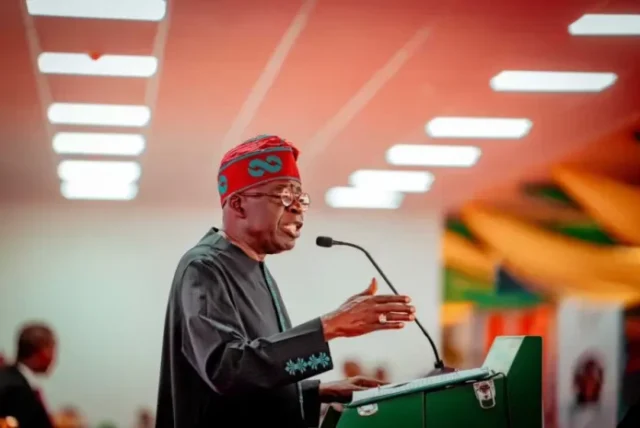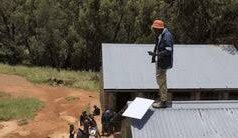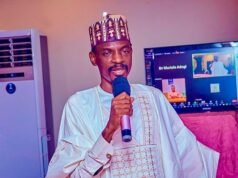At the 2025 Strategic Youth Leadership Conference in Abuja, Minister of Youth Development, Ayodele Olawande, announced what could become one of the most ambitious youth empowerment programmes in Nigeria’s recent history. The Federal Government, under President Bola Ahmed Tinubu’s “Renewed Hope Agenda,” has set a clear target: to empower seven million young Nigerians with digital and professional skills.
The conference, organised in partnership with the National Defence College (NDC), was more than a routine gathering. It was positioned as a strategic space for dialogue, where the future of Nigerian leadership and innovation took centre stage.
Olawande explained that the programme was not just about teaching coding or technical know-how. It was about transforming the mindset of a generation—helping youths see themselves as builders of the economy, not just job seekers. In his words, the “Renewed Hope Agenda” is designed to give Nigerian youths the opportunity to become drivers of the global digital economy.
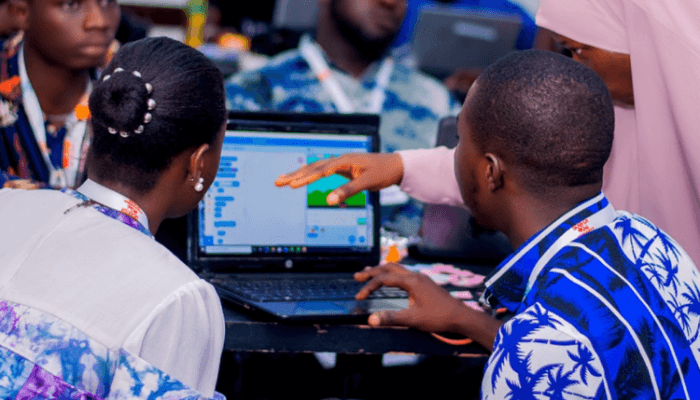
Table of Contents
Youth Academy, Learning Platforms & 3MTT
At the heart of this initiative are the Nigerian Youth Academy (NiYA) and the National Learning Platform, two central systems that will serve as hubs for training. These will offer young Nigerians structured access to digital tools, online courses, mentorship, and opportunities to apply what they learn.
One flagship programme within this framework is the Three-Million Technical Talent (3MTT) Programme. Launched earlier, the 3MTT focuses on creating a new pipeline of digital experts in high-demand areas such as:
- Artificial Intelligence
- Cybersecurity
- Software Development
- Cloud Computing
- Data Analysis
By embedding 3MTT into the larger plan, the FG intends to turn what started as a technical-talent drive into a mass youth-development model. Unlike many government projects that struggle with sustainability, this programme has been designed to connect training directly with job opportunities, entrepreneurship, and professional growth.
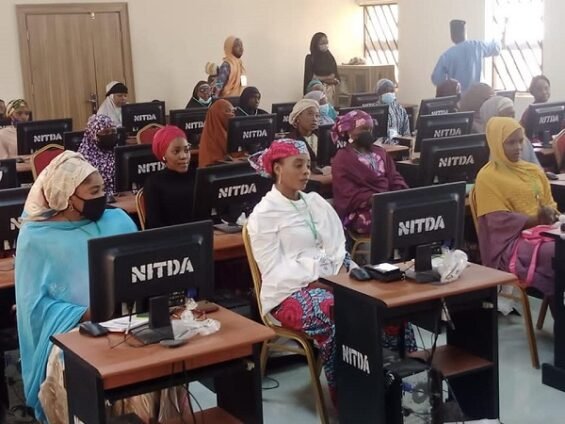
Beyond Skills: Jobs, Digital Literacy & Empowerment
The government’s ambition goes beyond digital training alone. A critical part of the plan is job creation. According to Olawande, at least 2.5 million jobs will be generated through smart job-matching systems, enterprise development, and vocational training.
This means young people will not just learn skills—they will be supported in finding meaningful employment or building their own businesses. In practical terms, this involves connecting participants with start-ups, established firms, and international platforms seeking digital talent.
By 2027, the FG hopes to raise Nigeria’s digital literacy rate to 70%. That target, if met, would represent a significant leap from the current national average and position Nigeria among Africa’s leading digital economies.
The Minister reminded participants at the conference that Nigeria’s youth are its most valuable resource: “Our energy, creativity and courage are the strength of this country. The government’s duty is to channel that into something productive, sustainable, and future-oriented.”
Why It Matters: Closing Gaps and Unlocking Potential
For many Nigerians, this announcement speaks to a painful reality—the digital divide. Large numbers of young people, particularly in rural areas, still lack access to training, internet facilities, or the mentorship required to thrive in the 21st-century economy.
The new initiative aims to close this gap by creating a holistic digital empowerment pathway. Unlike earlier projects that focused narrowly on skills, this programme blends:
- Education (through the Youth Academy and National Learning Platform)
- Employment (via enterprise support and job matching)
- Innovation (nurturing a tech-savvy workforce for Nigeria’s future)
Programmes such as the NITDA Digital States Initiative—which earlier trained small cohorts of youths in ICT across states—show that localised training can create impact. What the FG is attempting now is scaling that success nationwide.
The inclusion of 3MTT is particularly important. Since its launch in October 2023, the programme has trained thousands of Nigerians through hybrid models, including online learning, peer support, and device financing. Integrating it into this new nationwide youth plan ensures continuity rather than starting from scratch.
But beyond training, the initiative recognises that digital literacy is a matter of national security and competitiveness. Countries investing in AI, cybersecurity, and data-driven economies are pulling ahead. Nigeria cannot afford to be left behind. Empowering seven million young citizens is not just an economic plan—it is a survival strategy.
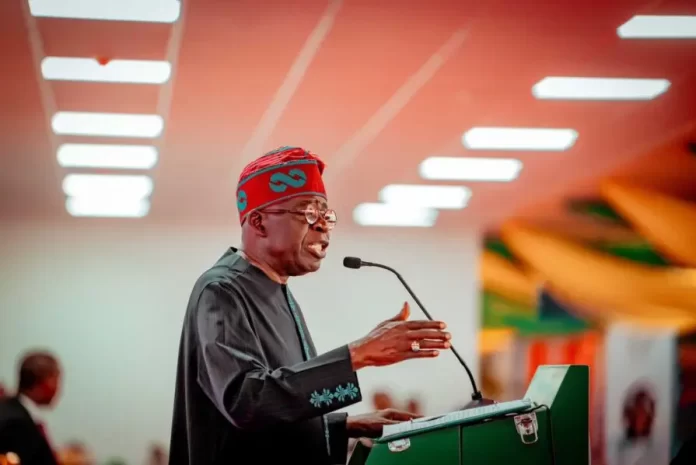
Conclusion: A Blueprint for Youth-Powered Progress
The announcement that the Govt will empower 7m youths with digital literacy has sparked cautious optimism. For some, it feels like a long-overdue step in the right direction. For others, the challenge will be in execution: Will the training be accessible to rural youths? Will women and marginalised groups be equally included? Will the promised jobs materialise?
Despite these questions, one fact remains: the Federal Government has set an ambitious, measurable target that directly speaks to the aspirations of Nigeria’s youth. If the administration can back its words with sustained funding, transparent management, and strong partnerships with the private sector, Nigeria could see a real digital transformation by 2027.
This is more than policy—it is a vision. A vision of millions of young people equipped with the skills to not only take part in but also shape the digital economy. A vision of Nigeria as a country where innovation is not imported, but grown from within.
For now, the youth are watching. The hope is renewed. The blueprint is ready. And the future of Nigeria, once again, rests in the energy, creativity, and determination of its young people.
Join Our Social Media Channels:
WhatsApp: NaijaEyes
Facebook: NaijaEyes
Twitter: NaijaEyes
Instagram: NaijaEyes
TikTok: NaijaEyes


